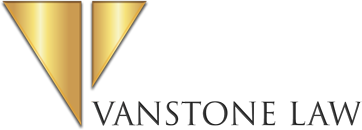The board of directors has a number of important responsibilities with respect to risk management. These responsibilities include:
- Setting the risk appetite: The board is responsible for setting the company’s risk appetite. This means that the board must decide how much risk the company is willing to take in order to achieve its strategic goals.
- Overseeing the risk management process: The board is responsible for overseeing the company’s risk management process. This includes ensuring that the company has a comprehensive risk management framework in place and that the framework is being effectively implemented.
- Monitoring risk performance: The board is responsible for monitoring the company’s risk performance. This includes reviewing the company’s risk reports and assessing the effectiveness of the risk management process.
- Taking corrective action: If the board identifies any areas where the risk management process is not effective, it is responsible for taking corrective action. This may involve implementing new controls or procedures or making changes to the company’s risk appetite.
The board’s responsibilities for risk management are set out in a number of corporate governance codes and standards. For example, the Canadian Code of Corporate Governance (CCCG) recommends that the board establish a risk committee to oversee the company’s risk management process.
The board can also delegate some of its risk management responsibilities to management. However, the board retains ultimate responsibility for risk management. This means that the board must regularly review the company’s risk management framework and performance, and take corrective action if necessary.
Benefits of effective risk management
Effective risk management can provide a number of benefits to companies, including:
- Improved financial performance: By identifying and managing risks effectively, companies can reduce the likelihood of financial losses.
- Enhanced reputation: Companies that are seen to be good at managing risk are more likely to be trusted by their customers, suppliers, and investors.
- Increased compliance: Companies that have effective risk management frameworks in place are more likely to be compliant with applicable laws and regulations.
- Improved decision-making: By having a good understanding of the company’s risks, the board can make better decisions about the company’s strategic direction and operations.
By understanding its responsibilities for risk management and taking steps to implement effective risk management practices, the board can help to protect the company from financial losses, enhance its reputation, and improve its decision-making.
This article is for informational purposes only and is not legal advice. Contact us today to discuss your specific situation.
